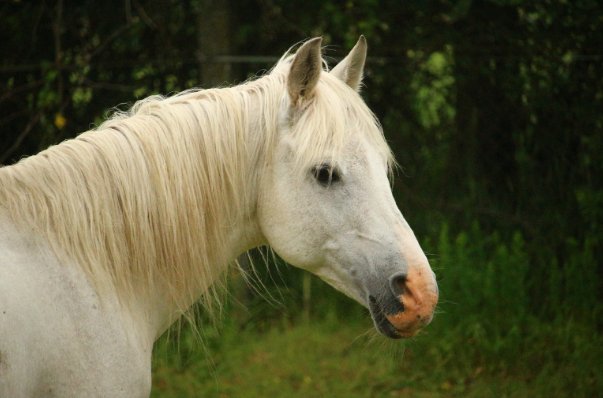Unraveling the Mysteries Inside Your Horse's Mouth

Horses are both heterodontous and diphyodontous, which implies they possess teeth of diverse shapes and two successive sets of teeth—deciduous and permanent ones. By the time a horse is fully developed at around five years old, it has between 36 and 44 teeth. Mares have 40 permanent teeth, whereas males have 42 due to the presence of two canine teeth. All horses have twelve incisors at the front, which are used for cutting food and also for defense or establishing social hierarchy within the herd. Behind the incisors lies the interdental space where the bit rests when the horse is ridden or driven. Subsequently, there are twelve premolars and twelve molars that are responsible for chewing the food that has been bitten off by the incisors.
During the first four to five years of a horse's life, the most growth-related changes take place. Frequent checkups during this period can prevent potential problems. As horses age, especially from their late teens onward, changes in incisor angle and other molar growth patterns often necessitate frequent dental care. Optimal dental care can result in a longer and healthier life for the horse.
The inside of a horse's mouth is a realm of wonder. The soft pink gums serve as a firm foundation for the teeth. The teeth are strong and durable, each with a specific function. The tongue is essential not only for manipulating food but also plays a crucial role in communication and sensory perception. The surface of the tongue is covered with tiny taste buds that enable the horse to detect different flavors and textures. The mouth is also home to a complex network of salivary glands. These glands produce saliva, which lubricates the food and aids in the digestion process. Saliva also contains enzymes that initiate the breakdown of starches and sugars. Understanding the inside of a horse's mouth is of utmost importance for proper care and maintenance. Regular dental check-ups can detect any issues at an early stage, ensuring that the horse remains healthy and happy.